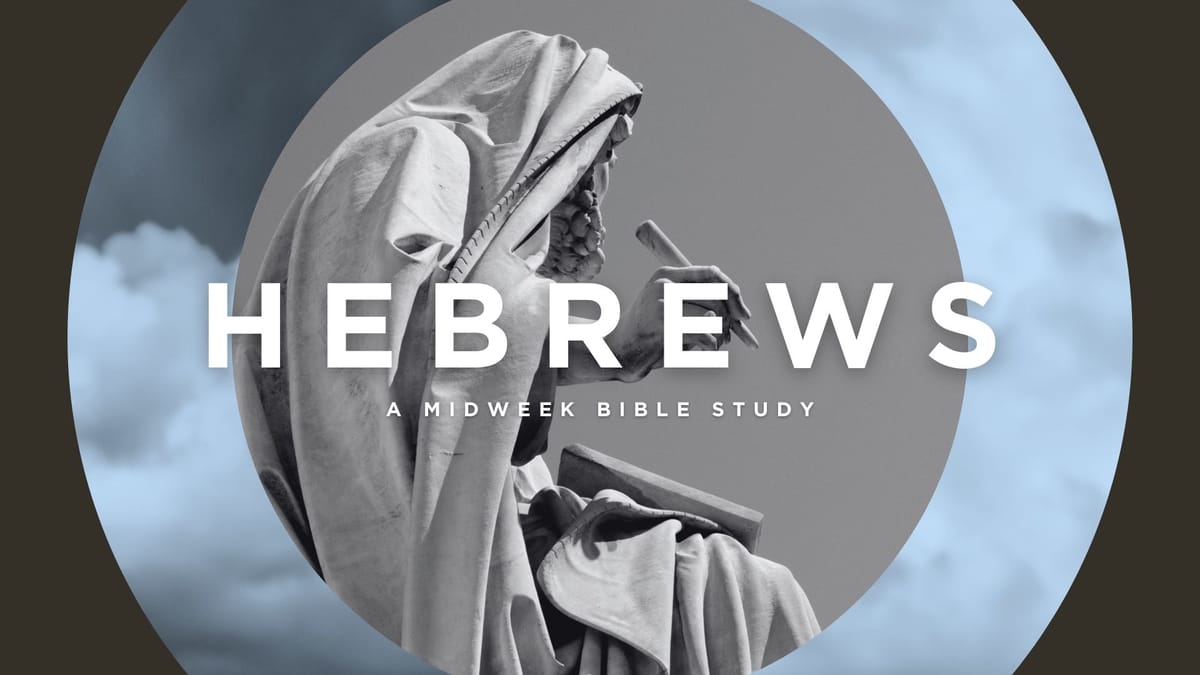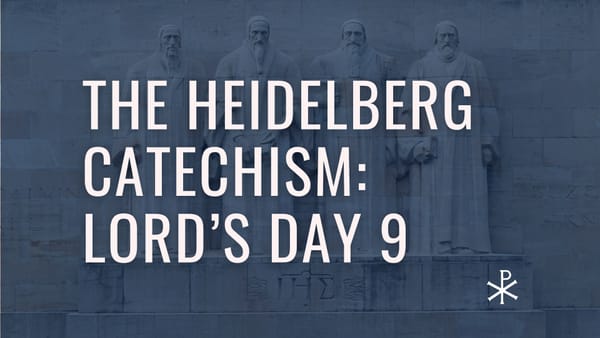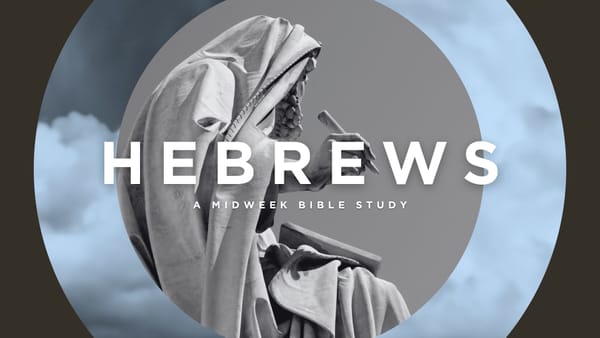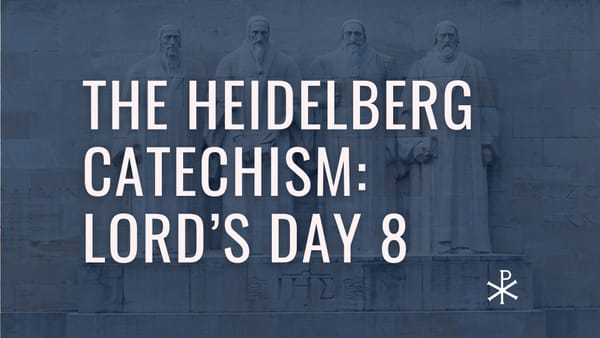Who Wrote Hebrews? When?
One of the more intriguing questions of church history is the identity of Hebrews’ author.

Who Wrote Hebrews?
One of the more intriguing questions of church history is the identity of Hebrews’ author. Some early church leaders believed it was Paul, while others suggested Barnabas, Luke, Apollos, or even Priscilla. Each theory has its strengths. For instance, Paul’s theology is evident in Hebrews’ Christ-centered focus, but the refined Greek and absence of a Pauline greeting (characteristic of all his New Testament writings) suggest a different hand.
Martin Luther’s suggestion of Apollos—a gifted teacher described in Acts 18:24-28—has intrigued many. He was known for his eloquence and knowledge of the Scriptures, characteristics reflected in Hebrews. Still, no definitive evidence ties him to the letter, leaving the question open.
Ultimately, the anonymity of Hebrews compels us to rest in the Holy Spirit's inspiration. While we can wonder about the human author, the greater truth is that God is its ultimate Author, ensuring its place in Scripture for His purposes.
When Was Hebrews Written?
The dating of Hebrews is slightly clearer. Most evidence suggests it was written before AD 70, when the Romans destroyed the Jewish temple in Jerusalem. Hebrews discusses the sacrificial system in vivid, present terms, making it unlikely the author would have omitted such a monumental event if it had already occurred.
At the same time, Hebrews reflects a second-generation Christian context. Hebrews 2:3 mentions that the gospel was proclaimed by Jesus and confirmed by eyewitnesses to the author and audience. This suggests a date in the late 60s AD, likely before the persecution under Emperor Nero escalated.
How Did Hebrews Enter the New Testament?
Though the author is unknown, the early church recognized Hebrews as Scripture because it met the criteria for canonicity. Three key principles guided the process:
- Apostolic Origin or Connection: While not written by an apostle, Hebrews aligns closely with apostolic teaching, particularly in its Christology and use of the Old Testament.
- Orthodox Doctrine: Hebrews’ teaching about Christ as the ultimate High Priest and the fulfillment of the old covenant is consistent with the rest of Scripture.
- Widespread Acceptance: By the fourth century, Hebrews was widely affirmed in both the Eastern and Western churches as inspired Scripture. Its theological depth and pastoral relevance secured its place in the New Testament canon.
This process was not haphazard but marked by prayer, careful discernment, and the Spirit’s guidance. The church recognized Hebrews not only as profound theology but as the living Word of God.
An Invitation to Study Hebrews Together
Hopefully, these questions and their answers show the value of deeper Bible study! Men of First Free: join me and many others on Wednesday nights, from 6:30 - 8:00 PM (January - March 2025) for a verse-by-verse study of Hebrews. And don't worry if you're a few minutes late. Show up when you can!




